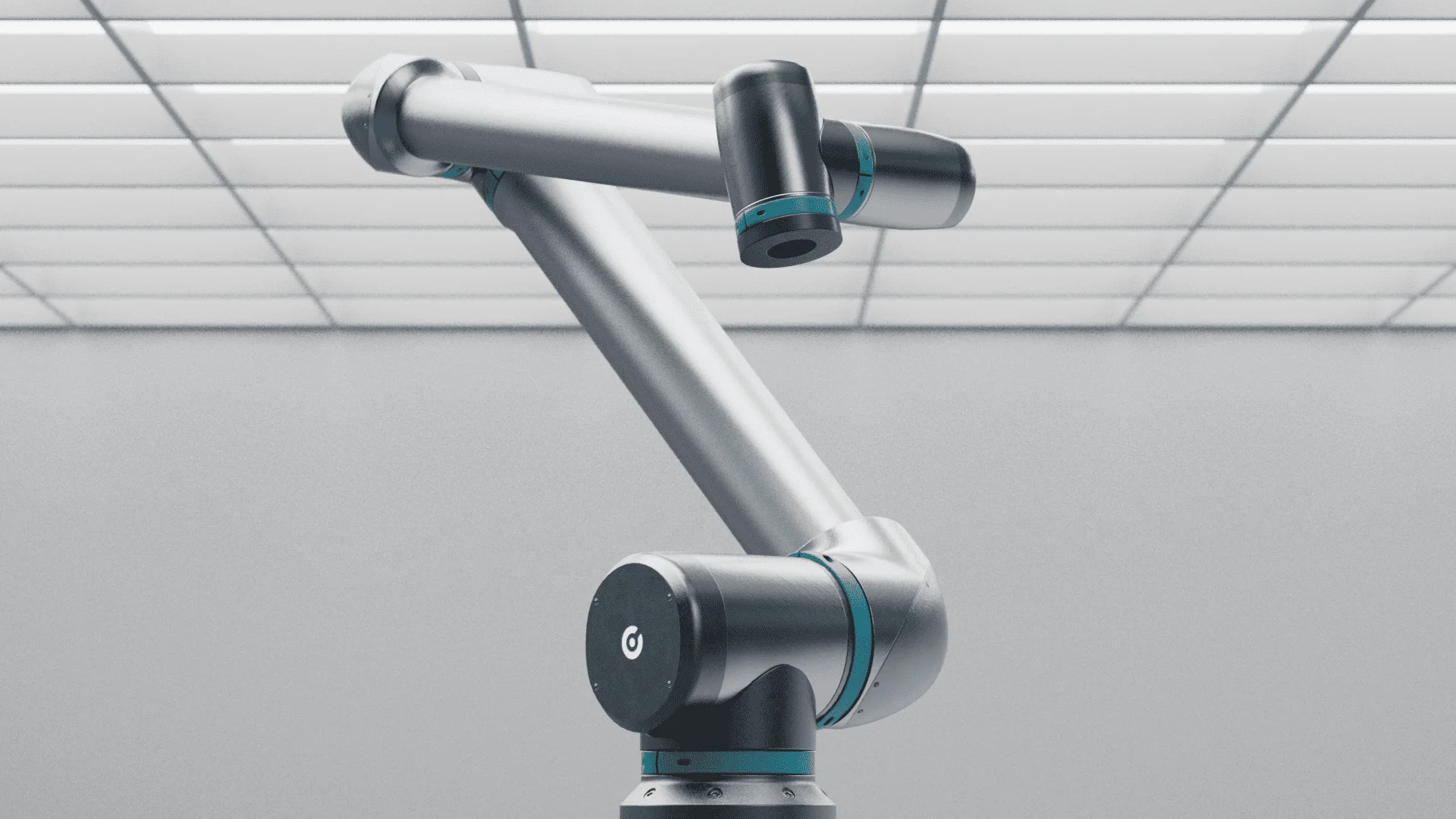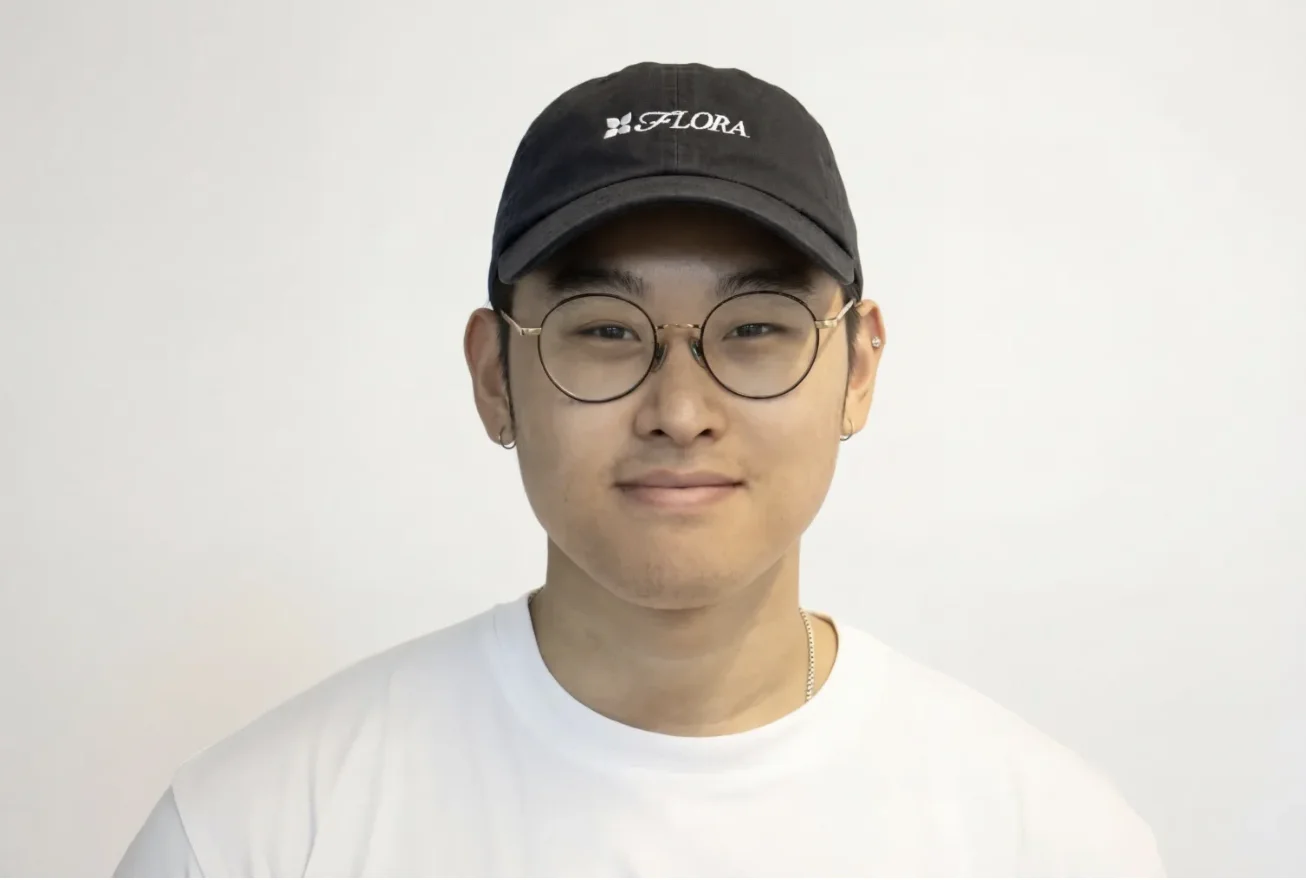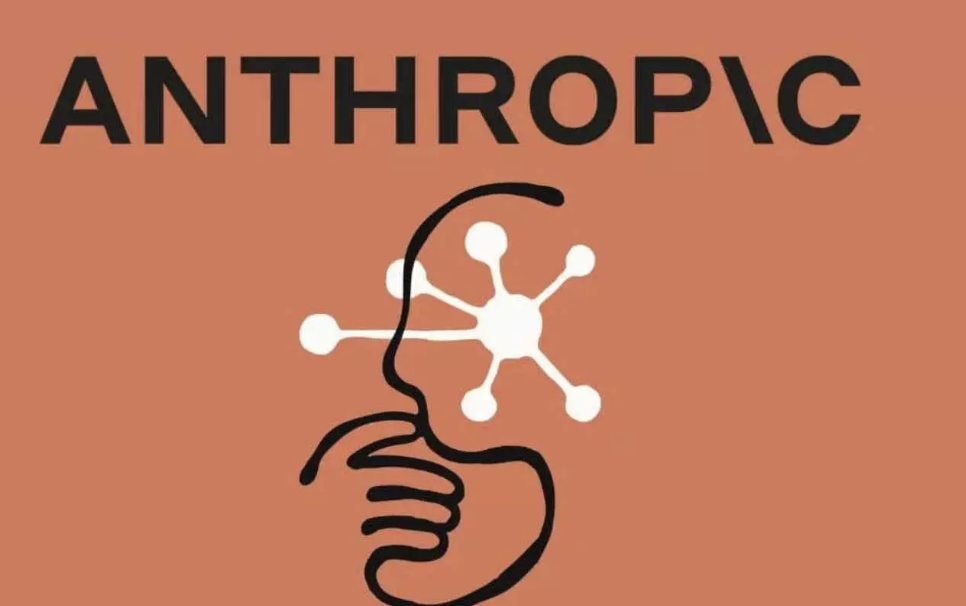In a recent episode of the Next Big Idea podcast, Bill Gates joined host Rufus Griscom and co-authors Andy Sack and Adam Brotman to discuss the future of AI, based on their book “AI First.” Gates, a prominent figure in tech innovation, shared his opinion on AI’s impact and its potential to alter various sectors.
Reflecting on the rapid advancements in AI, Gates remarked: “Super intelligence is coming; there’s no clear way to slow it down.”
He compared the current AI revolution to the early days of personal computing and the internet, stressing the profound changes AI will bring to our lives.
“We are likely to live in decades to come in a world of super abundance,” he said, underscoring the potential for AI to create unprecedented opportunities.
Gates stressed the significant strides made in AI technology, particularly with the development of GPT-4.
“GP4 in a very deep way, far beyond GPT-3, showed that we could access and represent knowledge,” he said, marveling at AI’s ability to understand and process information like a human. He believes that AI’s capacity to enhance productivity and creativity will be transformative, saying: “AI will help us with every aspect of these things, the advice, the delivery, the diagnosis.”
The conversation also touched on the ethical and societal implications of AI. Gates acknowledged the challenges and responsibilities that come with such powerful technology.
“It will take vigilance to make sure it’s the world we want for ourselves and generations to come,” he noted, reflecting the need for careful oversight and regulation to ensure AI benefits society as a whole.
Gates also discussed the practical applications of AI in various fields, particularly in healthcare and education.
“The idea that medical advice and personal tutors can be delivered is very exciting,” he said. Gates sees a future where AI can bridge gaps in resources and expertise, especially in developing countries, and predicts AI as a tool to democratize access to quality healthcare and education, potentially transforming lives on a global scale.
Moreover, Gates pointed out the economic implications of AI, particularly its impact on labor markets. He underlined that AI-driven productivity could lead to significant shifts in employment patterns.
“The personal agent, that’s superior to a human assistant, will be entirely agent-driven,” Gates predicted, indicating a future where AI personal assistants become commonplace, drastically changing how we work and live.
Gates, it seems, still has quite the optimistic view for AI to solve some of humanity’s biggest challenges: AI to him will not merely be a technological advancement but will be a great cause of positive change throughout.
“AI will help us solve our biggest global problems,” he affirmed.
Featured image: Credit: Next Big Idea Club






